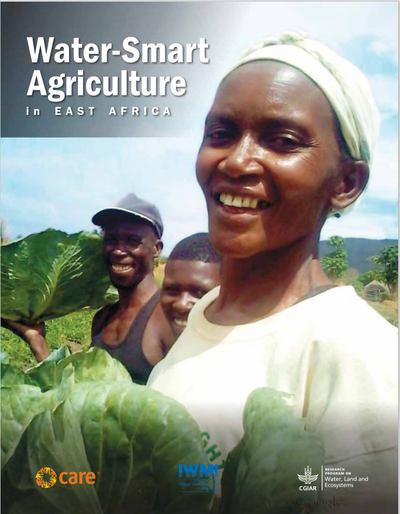
The water policy highlights some positive issues, including that of separating water rights from land titles during water allocation. This means that a formal right to water is not the subject of a land title. A landless farmer, who has acquired a piece of land through other arrangements such as through borrowing or renting, can still be granted water rights. The owner of a piece of land on which the common water resource is found or flows on cannot deny access to water of other neighboring land users.
The analysis of institutional frameworks has revealed that customary rights to water, though recognized in policies, are not articulated in statutory water laws. This is in contrast to land resources where customary tenure is articulated in the formal law. There is, however, a large group of small farmers without water rights but who claim to have a right-based custom— i.e., use of water by their families or tribes since time immemorial. The non-recognition of traditional or customary water users is at the root of many water use conflicts and jeopardizes the effective management of agricultural water resources.
The right to survive is a human right and access to food is the primary precondition for such survival rights. Therefore, access to agricultural water to produce basic food should be one’s right. However, this is contrary to institutional frameworks that impose water permits (rights), which also envisage water fees. In addition to the costs paid, with the formation of WUAs and application procedures, the applicant bears significant transaction costs.
Publication Details
- Published: 2015
- Publisher: Global Water Initiative
- ISBN-10: 9290908130
- ISBN-13: 9789290908135